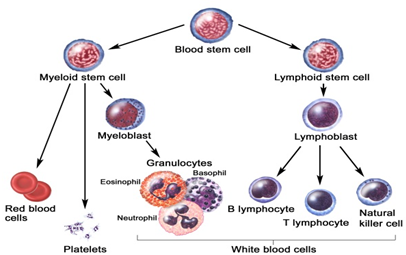

28th March 2022 (6 Topics)
Context
A new study from Wuhan, evaluates the protective effect of memory T cell immune responses against severe disease 12 months after primary infection.
About
Key Findings:
- Independent of severity:
- It is found that neutralising antibodies were detectable even 12 months after infection in “most individuals”, and it remained stable 6-12 months after initial infection in people younger than 60 years.
- The researchers found that multifunctional T cell responses were detected for all SARS-CoV-2 viral proteins tested.
- Neutralising antibodies:
- SARS-CoV-2-specific neutralising antibody and T cell responses were retained 12 months after initial infection.
- Neutralising antibodies to the D614G, Beta, and Delta were reduced compared with those for the original strain, and were diminished in general.
- Memory T cell responses to the original strain were not disrupted by new variants.
- Robustness of T cells:
- The study reveals the durability and robustness of the T cell responses against variants, including Delta, even after one year of infection.
- Most importantly, the robust and longstanding T cell responses were seen in people who have not been reinfected or vaccinated.
- This would mean even in the absence of vaccination, a person who has been infected by the virus even one year ago would have robust immune responses, which would offer protection against disease progressing to a severe form requiring hospitalisation.
- Lack of studies:
- No studies have been done to evaluate if booster doses improve T cell immune responses, which is the most important criterion of vaccination.
- Response to strains
- A year after infection, 82% individuals had neutralising antibodies against the original strain from Wuhan, China.
- In contrast, only 48% had neutralising antibodies against D614G,
- 23% had neutralising antibodies against the Beta variant, and
- 49% had neutralising antibody responses against the Delta variant.
|
About T cell:
|



